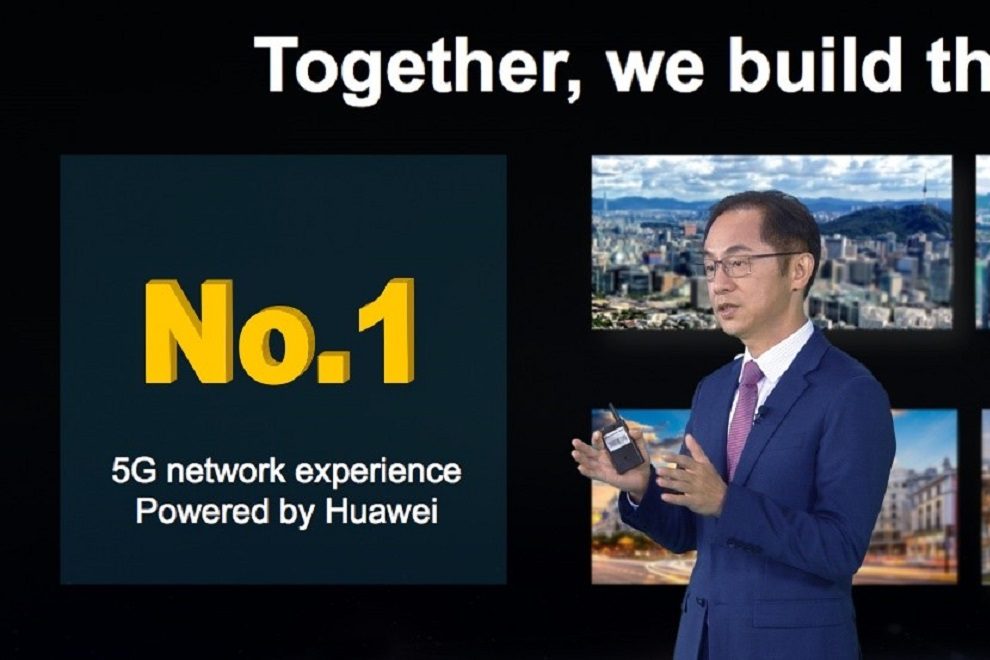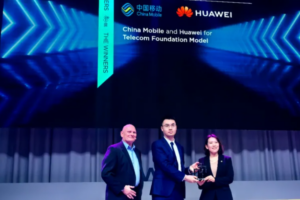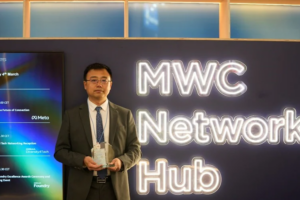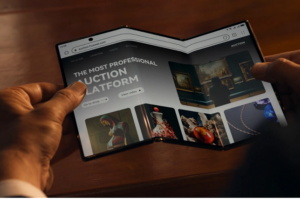According to 2020 reports, the best 5G networks in Seoul, Amsterdam, Madrid, Zurich, Hong Kong, and Riyadh were all built by Huawei
At Huawei’s online media and analyst pre-briefing for MWC Shanghai 2021, Ryan Ding, Executive Director and President of Carrier Business Group gave the keynote speech “5G Lighting up the Future”.
“2020 has been a difficult year. During this time, Huawei worked closely with our customers,” Mr. Ding began. In 2020, Huawei supported the stable operations of over 300 networks across more than 170 countries and helped operators provide online services and minimize the impact of the pandemic on their business. Working with Huawei, operators attracted 22 million new wireless home broadband users worldwide. Thanks to this, people can easily access telemedicine services and work from home.
5G developed faster than we had expected. More than 140 commercial 5G networks have been deployed in 59 countries. According to Ding, over 50% of these were built by Huawei. The ecosystem is also maturing. In China, more than 68% of smartphones shipped in 2020 were 5G phones. More than 200 5G modules and industrial devices are now available, supporting 5G application in a broad range of industries.
Huawei helped operators build the best networks. According to the 2020 reports from third parties, including IHS, P3, OpenSignal and Meqyas, the best 5G networks in Seoul, Amsterdam, Madrid, Zurich, Hong Kong and Riyadh were all the networks built by Huawei. Ding stressed that great network experience is the foundation of business success, and that these 6 cities are just a tip of the iceberg in terms of our collaborative innovation with operators. For instance, by deploying Huawei’s 64T64R AAUs and leading multi-antenna algorithms, LG U+ achieved higher spectrum efficiency and network experience more than 25% better than other operators. With Huawei’s Blade AAU, which can operate in both Sub3G and C-Band, Sunrise shortened site acquisition time from 24 months to 6 months, and was only operator with 5 straight outstanding ratings in Switzerland.
5G is becoming part of core production processes in industries. Looking ahead, Mr. Ding was bullish about the prospect of large-scale deployment of 5G industrial applications in 2021.
5G applications have been deployed in more than 20 industries, including manufacturing, healthcare, education and logistics. Ding pointed to examples in China where 5G industrial applications are already proving their worth, such as in coal mining, steel making and manufacturing, where the adoption of 5G has, Ding said, made production safer, more intelligent, and more efficient. Ding emphasized that, ”5G is no longer for early adopters, it is improving our daily lives. 2021 will be the first year with large-scale 5G industry applications. Operators will need new capabilities in network planning, deployment, maintenance, optimization, and operations, in order to achieve “0 to 1”, and replicate success from 1 to many. Huawei will have exhibitions and in-depth discussions on these topics with industry stakeholders online and offline at the upcoming MWC Shanghai. We will keep innovating to help our customers build the best 5G networks and achieve greater business success.”
Separately, Peng Song, the President of Huawei’s Carrier Marketing & Solution Sales Dept announced the release of the NetX 2025 White Paper, including supporting data based on IDC research and analysis. This paper introduces the GUIDE model, explaining what future operator networks will look like.












